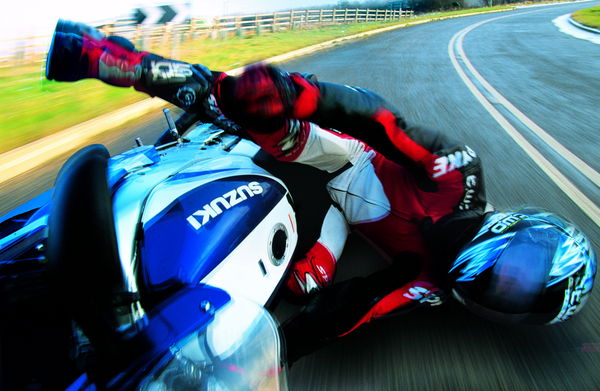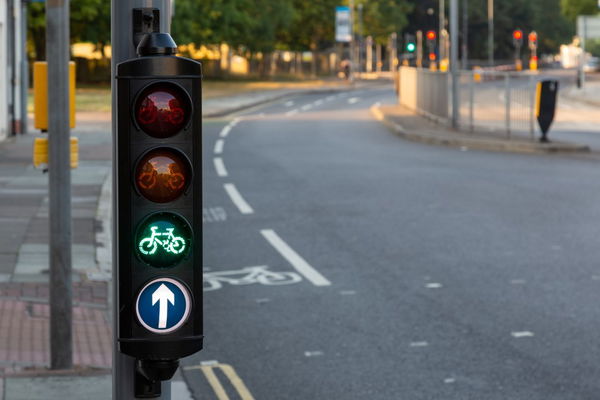Five signs that you (or your mate) is heading for a crash
1. Just starting

OBVIOUS one first: crashes are, by and large, down to mistakes. So, as with most human endeavours, more mistakes will happen in the early stages of a skill acquisition. When you first do something, you're not great at it, and errors are manifest. So, stalling, dropping a bike in a U-turn, losing the back on cold tyres, are all much more likely when a rider starts out.
Now, a typical rider's crash history doesn't follow a simple statistical downward curve over time. As basic skills are mastered, and confidence increases, the type of crashes can change. Once a rider has nailed the basics, they may move on to more advanced techniques – faster track riding, knee-down, maybe wheelies or burn-outs. We're right back at the start now, so the errors that used to mean a 5mph topple in a U-turn or a stall at the lights now means a flipped wheelie or a 90mph highside on track.
Confidence is essential to perform well in most things – and riding a bike is no exception. Having a mental approach centred on positivity about outcomes is a powerful riding aid, and can help you ride faster, pull a longer wheelie or beat your mate on his faster bike down the local B-road.
But. Like everything, an excess of confidence can be a bad thing. Confusing intentions with abilities happens everywhere in life, but when it comes to bike riding, it can really hurt. If you're over-confident, and ride too fast, too soon, the results are, sadly, fairly predictable.
Related to this is a reluctance to accept blame yourself. Riders who wrongly pin fault on other road users, their bike, tyres, spilt diesel, potholes – a whole panoply of scapegoats – are the type of riders who might be heading for a self-inflicted fall.
Especially in the UK, most riders are older. So they've been riding for decades, and, often, their last crash was a long time ago. That's a good sign of course – the skillset they've got in their brain, plus the self-preservation instincts that come with age mean they are less and less likely to have a spill.
But those factors also mean complacency can creep in. If you believe you know it all, and are totally in command of things, then faults can start to appear. Thinking that crashing is something that only other people do is also a dangerous trait.
Keep assessing your riding, and don’t be afraid to seek out training, or accept that you might have holes in your technique.
Of course, youth means a cavalier disregard for the perils of life, more aggression, oodles of testosterone (if you're a bloke) and general derring-do. These things are good for winning races and performing stunts. But they're also good for putting you in a gravel trap, or into the side of a U-turning Uber Prius.
At the other end of the scale, things like eyesight, muscle strength and mental agility can start to go once you get old. Trying to keep your 35-year-old self's pace when you're 55 might lead to trouble – do be aware of your declining powers, and mitigate them if possible, before they start to affect your skills.











